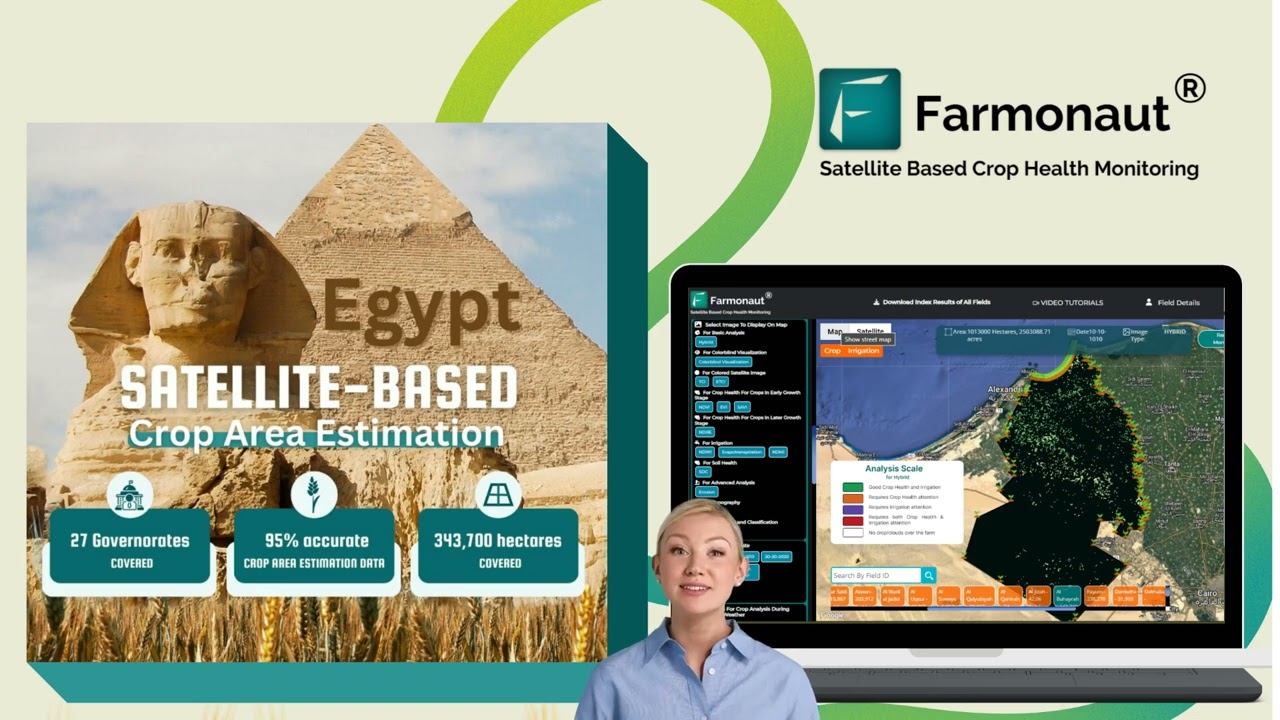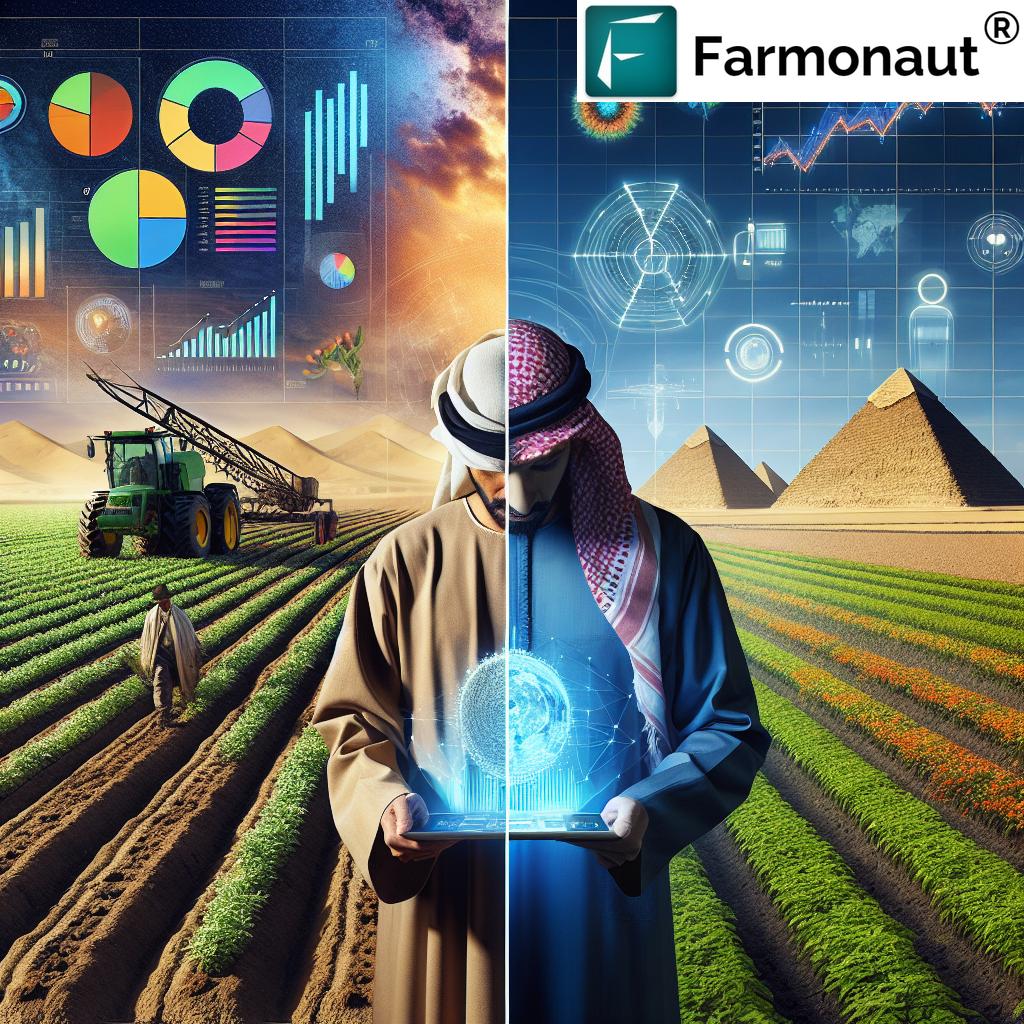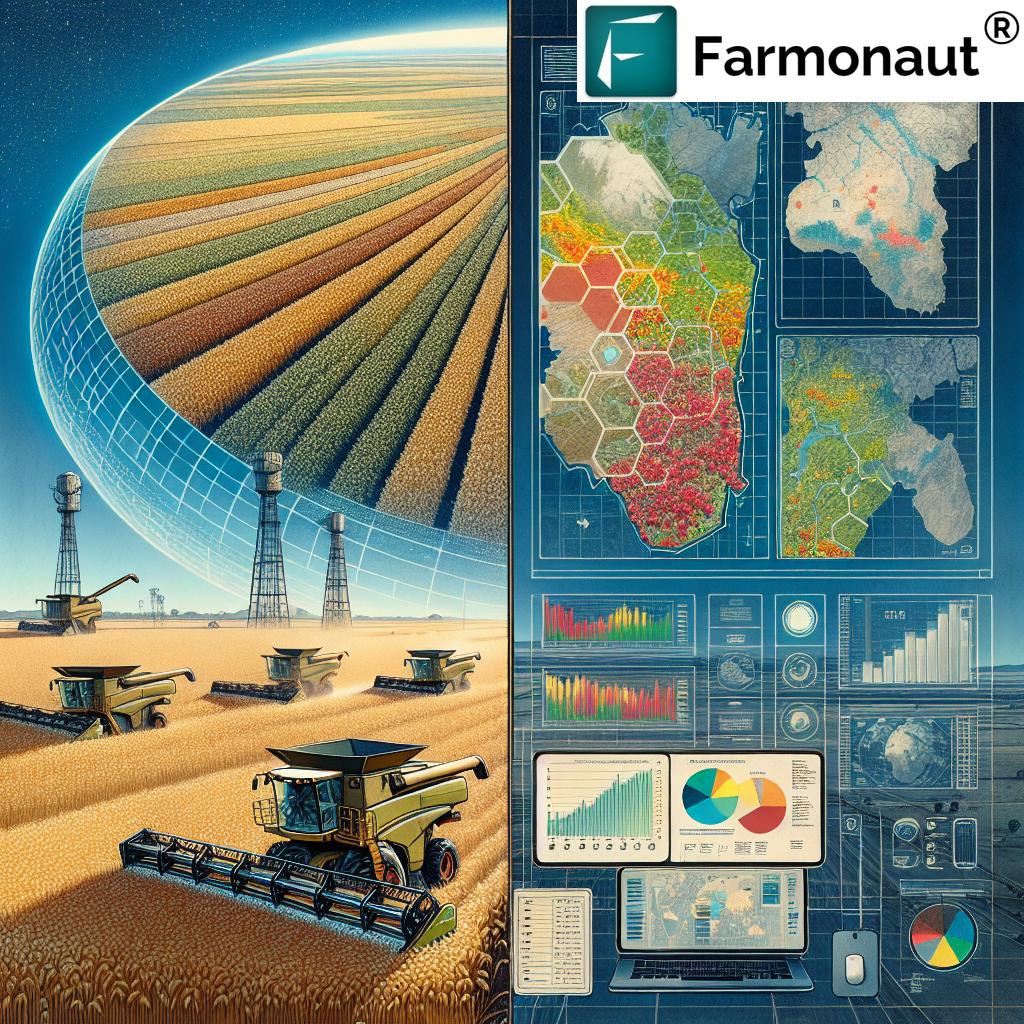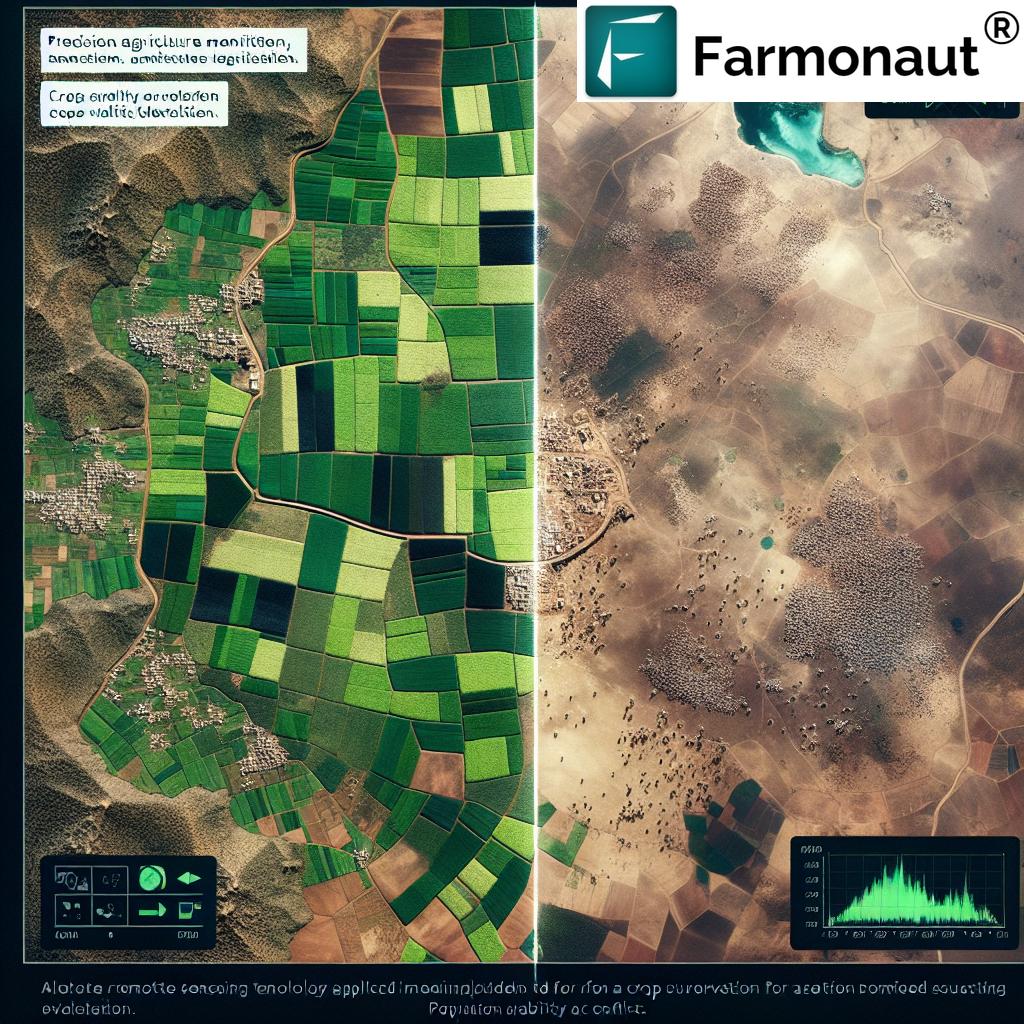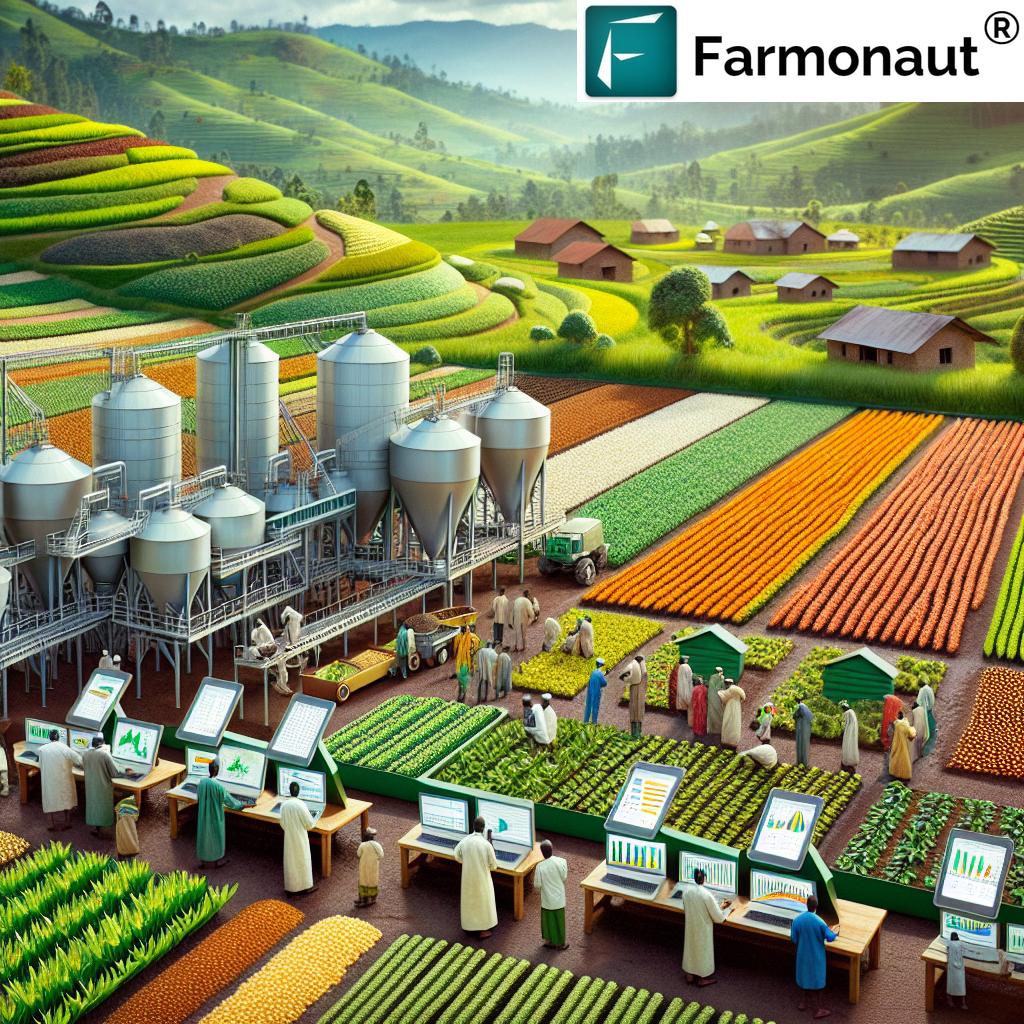Organic Seed Market Soars: Global Growth Trends and Sustainable Agriculture Opportunities in India and Africa
“The global organic seed market is projected to reach USD 12.50 billion by 2035, reflecting a significant growth trend.”
In the ever-evolving landscape of agriculture, we are witnessing a remarkable shift towards organic farming practices and sustainable agriculture. At the heart of this transformation lies the burgeoning organic seed market, which is poised for exceptional growth in the coming years. As we delve into the intricacies of this industry, we’ll explore the global trends, regional dynamics, and the myriad opportunities that are shaping the future of farming, particularly in emerging markets like India and Africa.
The Global Organic Seed Market: A Snapshot
The organic seed industry is experiencing a surge in growth that is nothing short of impressive. With projections indicating a rise to USD 12.50 billion by 2035, we’re looking at a market that’s not just expanding but revolutionizing the way we think about agriculture and food production. This growth trajectory is underpinned by a compound annual growth rate (CAGR) of 9.2% from 2025 to 2035, building upon a solid foundation of 8.5% CAGR from 2020 to 2025.
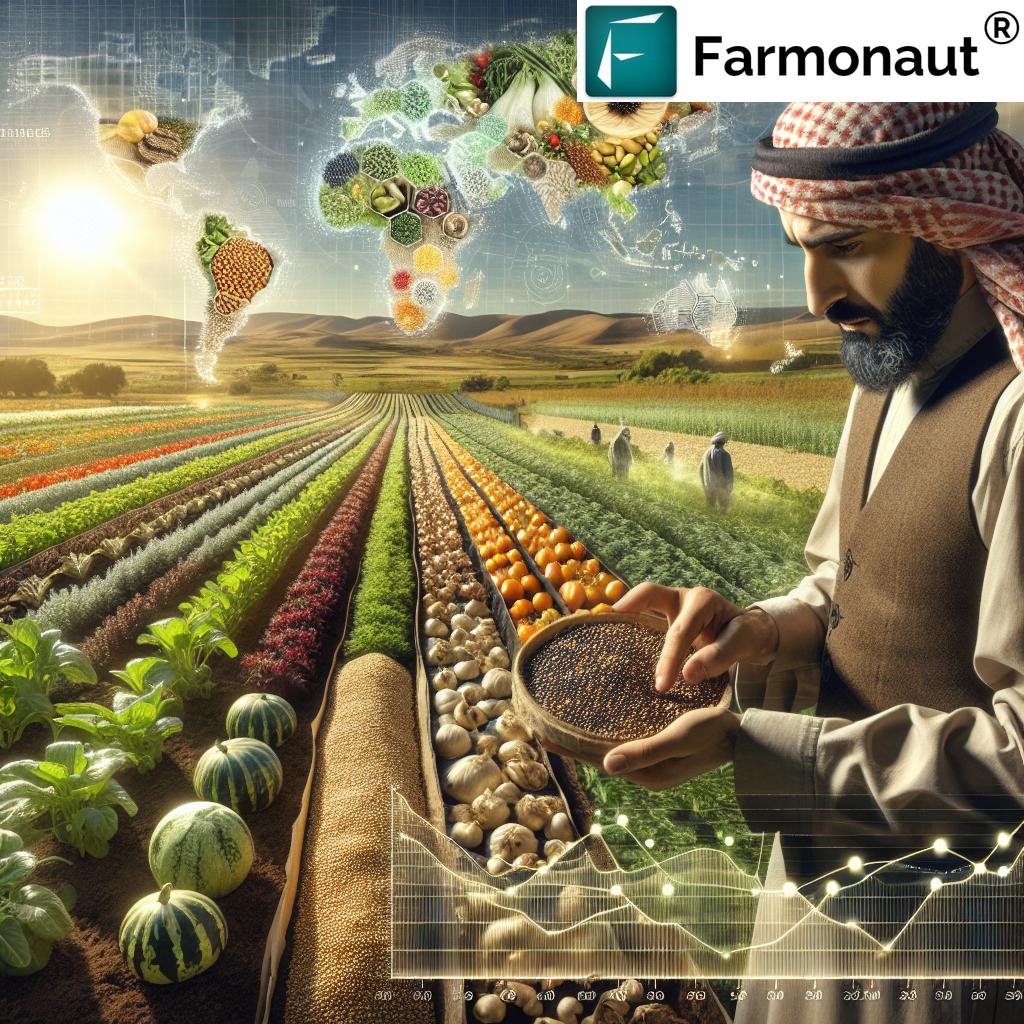
But what’s driving this remarkable growth? At the core, we’re seeing a significant shift in consumer preferences. There’s an increasing awareness of the health benefits associated with organic products, coupled with growing concerns about the environmental impact of conventional farming practices. This consumer-driven demand is reshaping the agricultural landscape, pushing farmers and agribusinesses to adopt organic farming methods at an unprecedented rate.
Key Drivers of Organic Seed Market Growth
- Rising Consumer Demand: The escalating preference for organic food products is a primary catalyst for market growth.
- Health Consciousness: Consumers are increasingly aware of the health benefits associated with organic produce.
- Environmental Concerns: Growing awareness about the negative impacts of chemical inputs in conventional farming is driving the shift towards organic practices.
- Government Support: Supportive policies and initiatives promoting sustainable agriculture are fostering market expansion.
- Technological Advancements: Innovations in seed breeding and agricultural technologies are enhancing the viability of organic farming.
As we navigate through these trends, it’s crucial to understand the role of technology in facilitating this growth. Companies like Farmonaut are at the forefront of this revolution, offering innovative solutions that make precision agriculture more accessible and affordable for farmers worldwide. Through satellite-based farm management solutions, Farmonaut is empowering farmers with real-time crop health monitoring and AI-based advisory systems, crucial tools in the organic farming toolkit.
Regional Market Dynamics
The organic seed market’s growth is not uniform across the globe. Different regions are experiencing varying rates of adoption and growth, influenced by local regulations, consumer preferences, and agricultural traditions.
North America: A Mature Market
The United States and Canada stand as the largest markets for organic seeds globally. This dominance is attributed to:
- Well-established organic farming practices
- Strong consumer demand for organic products
- Supportive government policies promoting sustainable agriculture
Europe: A Leader in Organic Agriculture
European countries, particularly Germany, France, and the Netherlands, are at the forefront of organic agriculture. The region’s growth is driven by:
- Stringent EU regulations favoring organic farming
- High consumer awareness and preference for organic produce
- Advanced research and development in organic seed breeding
Asia-Pacific: Rapid Growth Potential
Markets like India and China are witnessing rapid growth in the organic seed sector, fueled by:
- Government initiatives promoting organic farming
- Increasing export opportunities for organic products
- Rising domestic demand for healthier food options
“Leading organic seed markets include the United States, Canada, and European countries, with Asia-Pacific regions showing rapid growth potential.”
Latin America: Emerging Player
Countries such as Brazil, Argentina, and Mexico are emerging as key players in organic farming, contributing to:
- Increasing exports of organic food products
- Growing domestic markets for organic produce
- Diversification of agricultural practices
Middle East and Africa: Gradual Adoption
While adoption is slower compared to other regions, countries in the Middle East and Africa, particularly South Africa and GCC nations, are gradually embracing sustainable farming practices, driven by:
- Increasing awareness of sustainable agriculture benefits
- Government initiatives to promote food security
- Growing export opportunities for organic products
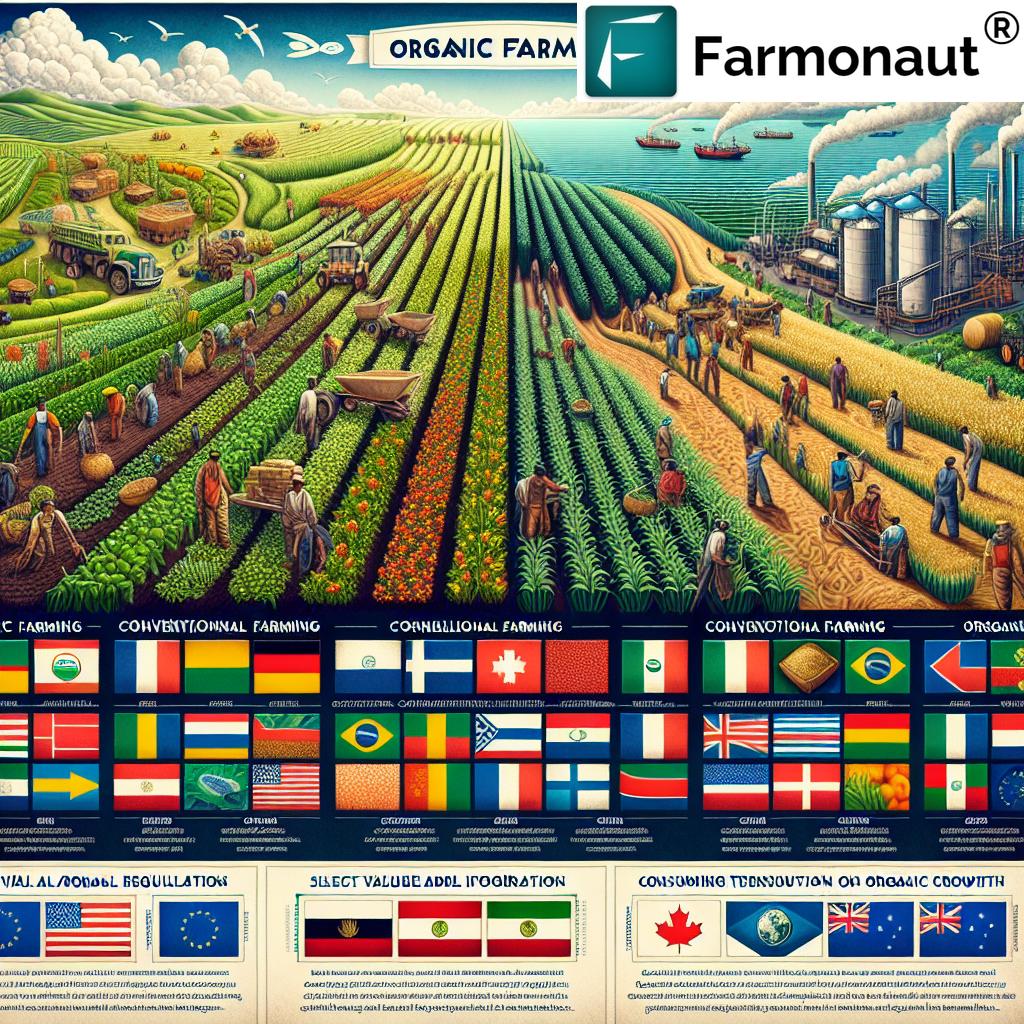
Global Organic Seed Market Growth Projections
| Region | 2023 Market Value (USD Billion) | 2035 Projected Value (USD Billion) | Estimated CAGR (%) | Key Growth Drivers |
|---|---|---|---|---|
| North America | 1.8 | 4.5 | 8.5 | Strong consumer demand, supportive policies |
| Europe | 1.5 | 3.8 | 8.7 | Strict regulations, high consumer awareness |
| Asia-Pacific | 0.9 | 2.8 | 10.5 | Government initiatives, export opportunities |
| Latin America | 0.6 | 1.9 | 10.2 | Growing exports, domestic market expansion |
| Middle East and Africa | 0.4 | 1.1 | 9.8 | Increasing awareness, food security initiatives |
This table provides a clear overview of the projected growth across different regions, highlighting the significant potential in emerging markets like Asia-Pacific and Latin America. It’s evident that while North America and Europe continue to lead in market size, the highest growth rates are expected in developing regions, presenting exciting opportunities for industry players and investors alike.
Innovation and Sustainability: Driving Forces in the Organic Seed Industry
The organic seed market is not just growing; it’s evolving. Key players in the industry are focusing on innovation to stay competitive and meet the changing demands of farmers and consumers. Some of the notable trends include:
- Advanced Seed Breeding Technologies: Companies are investing in developing seeds that are more resilient to pests and climate changes while maintaining organic standards.
- Microbial Seed Treatments: The global microbial seed treatment market, which reached USD 988.3 million in 2022, is projected to hit USD 1,191.5 million by 2024, complementing the organic seed market growth.
- Sustainable Packaging Solutions: Innovations in eco-friendly packaging are aligning with the overall sustainability goals of the organic industry.
- Digital Farming Solutions: Integration of technologies like AI and satellite imaging for better crop management and yield prediction.
In this context, Farmonaut’s contributions to the agricultural technology sector are particularly noteworthy. By providing farmers with access to satellite-based crop health monitoring and AI-driven advisory systems, Farmonaut is playing a crucial role in making precision agriculture more accessible and affordable. This technology is especially valuable for organic farmers who need to closely monitor crop health without relying on conventional chemical inputs.
Challenges and Opportunities in Emerging Markets: Focus on India and Africa
While the global organic seed market presents significant growth opportunities, emerging markets like India and Africa face unique challenges and possibilities.
India: A Growing Organic Hub
India’s organic seed market is experiencing rapid growth, driven by:
- Government initiatives promoting organic farming
- Increasing domestic demand for organic products
- Growing export opportunities for organic crops
However, challenges remain:
- Limited availability of high-quality organic seeds
- Need for better infrastructure for organic seed production and distribution
- Educating farmers about organic farming practices
To address these challenges, companies like Farmonaut are playing a crucial role. By providing farmers with access to advanced agricultural technologies, Farmonaut is helping to bridge the gap between traditional farming methods and modern organic practices. Their satellite-based crop monitoring and AI advisory systems are particularly valuable in a country where small and marginal farmers form a significant portion of the agricultural community.
Africa: Untapped Potential
Africa presents a unique opportunity for the organic seed market:
- Vast tracts of arable land suitable for organic farming
- Growing awareness about sustainable agriculture practices
- Potential for export-oriented organic crop production
Challenges in the African market include:
- Limited access to organic seeds and farming inputs
- Need for improved agricultural infrastructure
- Lack of widespread knowledge about organic farming techniques
In Africa, the role of technology in overcoming these challenges cannot be overstated. Farmonaut’s solutions, which provide real-time crop health monitoring and personalized farming advice, could be transformative for African farmers looking to transition to organic farming. By making precision agriculture accessible and affordable, such technologies can significantly boost the adoption of organic farming practices across the continent.
The Role of Technology in Advancing Organic Farming
As we look towards the future of organic farming and the organic seed market, the role of technology becomes increasingly crucial. Advanced agricultural technologies are not just facilitating the growth of the organic sector; they’re revolutionizing how organic farming is practiced.
Satellite-Based Crop Monitoring
Satellite technology, like that employed by Farmonaut, is transforming organic farming by providing:
- Real-time crop health monitoring
- Early detection of pest infestations and diseases
- Optimization of resource use, particularly water and organic inputs
These capabilities are particularly valuable in organic farming, where proactive management is key to preventing crop losses without relying on chemical interventions.
AI-Driven Advisory Systems
Artificial Intelligence is playing a pivotal role in organic farming through:
- Personalized crop management strategies
- Predictive analytics for yield estimation
- Customized recommendations for organic pest control and soil health management
Farmonaut’s Jeevn AI Advisory System is an excellent example of how AI can be leveraged to support organic farmers in making informed decisions about their crops.
Blockchain for Traceability
Blockchain technology is enhancing transparency in the organic supply chain by:
- Ensuring the authenticity of organic products
- Providing consumers with detailed information about product origins
- Streamlining certification processes for organic farmers
This technology is crucial in building consumer trust and supporting the growth of the organic market.
Future Outlook and Opportunities
As we look towards the future of the organic seed market, several key trends and opportunities emerge:
- Continued Market Growth: With projections indicating a market value of USD 12.50 billion by 2035, the organic seed industry is poised for sustained growth.
- Emerging Market Potential: Regions like Asia-Pacific, Latin America, and Africa present significant growth opportunities as awareness of organic farming benefits increases.
- Technological Integration: The continued integration of advanced technologies like AI, satellite imaging, and blockchain will play a crucial role in shaping the future of organic farming.
- Sustainable Practices: As environmental concerns grow, the focus on sustainable and regenerative agricultural practices will likely intensify, further boosting the organic seed market.
- Research and Development: Ongoing research in organic seed breeding and organic farming techniques will lead to more resilient and productive organic crops.
In this evolving landscape, companies like Farmonaut are well-positioned to play a pivotal role. By providing farmers with accessible and affordable precision agriculture tools, Farmonaut is helping to bridge the gap between traditional farming methods and modern organic practices. Their satellite-based crop monitoring and AI-driven advisory systems are particularly valuable in emerging markets where small and marginal farmers form a significant portion of the agricultural community.
Conclusion
The organic seed market’s remarkable growth trajectory reflects a broader shift towards sustainable and health-conscious agricultural practices. As consumer demand for organic products continues to rise and governments worldwide implement supportive policies, we anticipate continued expansion and innovation in this sector.
For farmers, agribusinesses, and investors, the organic seed market presents a wealth of opportunities. However, success in this evolving landscape will require embracing technological advancements, staying attuned to regional market dynamics, and committing to sustainable practices.
As we move forward, the integration of advanced technologies like those offered by Farmonaut will be crucial in overcoming the challenges faced by organic farmers and in realizing the full potential of organic agriculture. By making precision farming tools more accessible and affordable, such technologies are not just facilitating the growth of the organic sector; they’re revolutionizing how organic farming is practiced across the globe.
The future of agriculture is organic, sustainable, and technologically advanced. As we continue to navigate this exciting landscape, we remain committed to providing insights and solutions that empower farmers and businesses to thrive in this new era of agriculture.
FAQ Section
Q1: What is driving the growth of the organic seed market?
A1: The growth is primarily driven by increasing consumer demand for organic food, growing health consciousness, environmental concerns, supportive government policies, and technological advancements in organic farming.
Q2: Which regions are leading in the organic seed market?
A2: North America (particularly the U.S. and Canada) and Europe are currently leading the market. However, Asia-Pacific regions are showing rapid growth potential.
Q3: How is technology impacting organic farming?
A3: Technology is revolutionizing organic farming through satellite-based crop monitoring, AI-driven advisory systems, blockchain for traceability, and advanced seed breeding techniques. Companies like Farmonaut are making these technologies more accessible to farmers.
Q4: What are the main challenges in emerging markets like India and Africa?
A4: Key challenges include limited availability of high-quality organic seeds, need for better infrastructure, lack of widespread knowledge about organic farming techniques, and the need for improved access to organic farming inputs.
Q5: What is the projected value of the global organic seed market by 2035?
A5: The global organic seed market is projected to reach USD 12.50 billion by 2035.
Earn With Farmonaut: Earn 20% recurring commission with Farmonaut’s affiliate program by sharing your promo code and helping farmers save 10%. Onboard 10 Elite farmers monthly to earn a minimum of $148,000 annually—start now and grow your income!
For more information on Farmonaut’s innovative solutions, visit our web app, check out our API, or read our API Developer Docs. You can also download our apps for Android and iOS.
To learn more about our affiliate program and how you can earn with Farmonaut, visit our Affiliate Program page.




